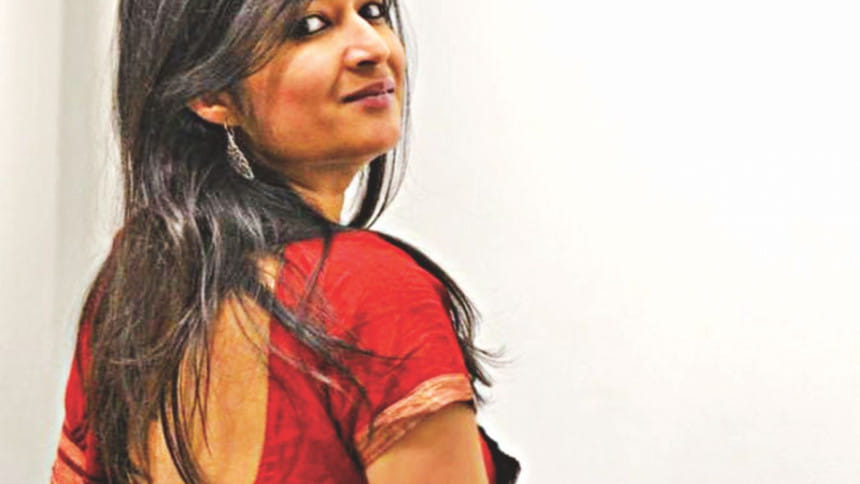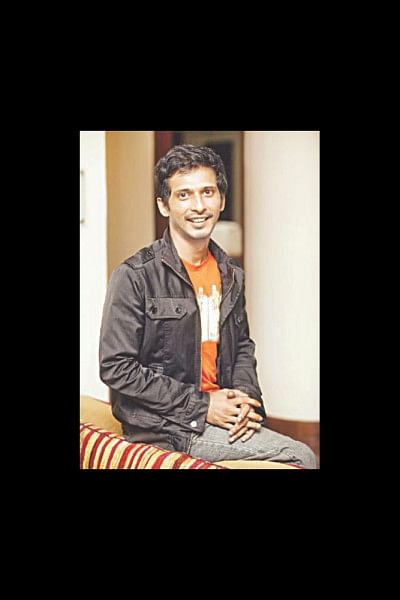Tagore in their hearts

Rabindranath's music has inspired all kinds of musicians in this part of the world for decades. Both lyrically and melodically, Rabindra Sangeet's appeal has transcended beyond just the purist practitioners – to creative young musicians who have interpreted the songs, keeping the essence of Rabindra Sangeet intact.
Sahana Bajpaie's “Notun Kore Pabo Bole” created a stir when it came out in 2007. Being the daughter of Bimal Bajpaie – a Tagore scholar – and brought up in Santiniketan, her training in Rabindra Sangeet was impeccable, but her presentation brought freshness to the songs. The album was ably aided by Arnob's skillful music arrangement that had traditional and western instruments in a fine balance. Songs like “Tomar Khola Hawa”, “Phuley Phuley Dhole Dhole” and “Mo'r Bhabonare” can still be heard on FM radio channels.
Shironamhim, a rock band with a close connection to folk and classical music, released their tribute album “Shironamhin Rabindranath” in 2010. Their vocal, Tanzir Tuhin, equipped with training in Rabindra Sangeet brought out Tagore's melodies in contemporary, intricate flavours. The band looked into the many foreign melodic influences of Rabindranath, and used numerous instruments including esraj, sitar, violin, khol, chakua, gilabandha, ghatam, banjo, Scottish tin whistle, clarinet and silver flute, but kept the swaralipi intact. “Jetey Jetey Ekla Pothe”, “Purano Shei Diner Kotha” and “Gram Chara Oi Rangamati'r Poth” are some of the standout tracks from the album.

Arnob, who has always had Rabindranath as a massive musical influence and included the Bard's songs in his previous albums (“Noyono Tomare” and “Tomra Ja Bolo”), came out with a full-fledged album in 2012 titled “Adheko Ghumey”. His ever so signature musical style mingled magically with his love for Tagore – from popular songs like “Phagun Hawaye Hawaye” and “Prochondo Gorjone” to challenging ones like “Kotha Hote Bajey” and “Rakho Rakho Rey”. All in all, it was a rich, heartfelt tribute that showed another side of the brilliant musician.
Bappa Mazumder, one of the most bankable voices in the country's music arena, recently displayed his respect for Tagore with “Bedhechi Amar Pran” – that came out this year. Bappa had earlier arranged music for Samina Chowdhury's 2008 Rabindra Sangeet album “Chokher Dekha, Praner Kotha”, and recorded “Tumi Robe Nirobe” for his album “Bechey Thak Sobuj”. He chose the most well-known of songs for “Bedhechi Amar Pran” – including “Amaro Porano Jaha Chaye”, “Ami Chini Go Chini”, “Bhalobeshe Sokhi” and “Mone Ki Didha”, and musical arrangement of the album was superbly done, with lovely use of the acoustic guitar.

 For all latest news, follow The Daily Star's Google News channel.
For all latest news, follow The Daily Star's Google News channel. 



Comments